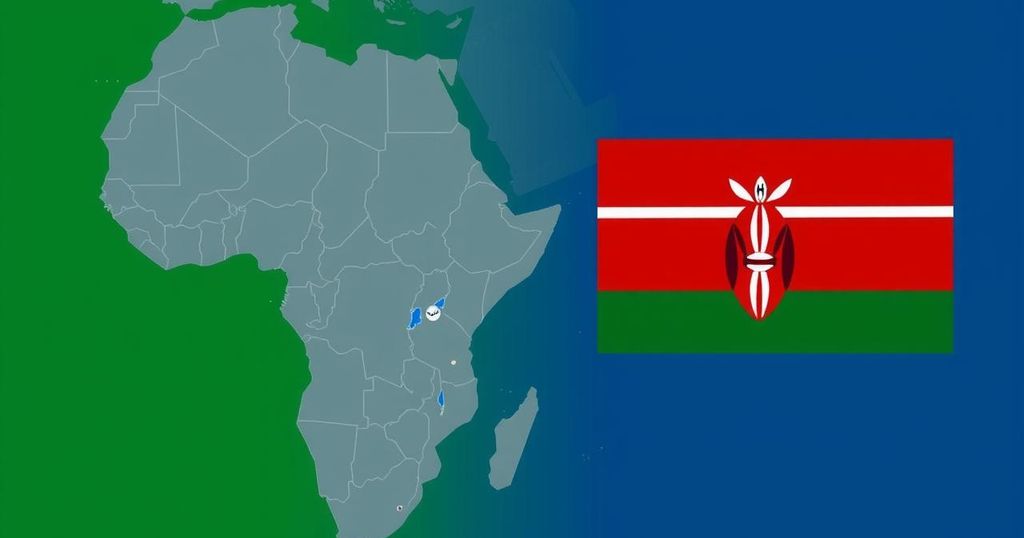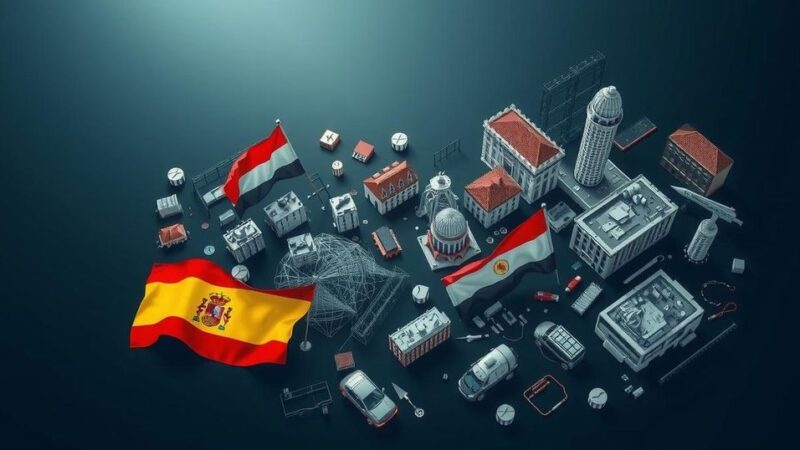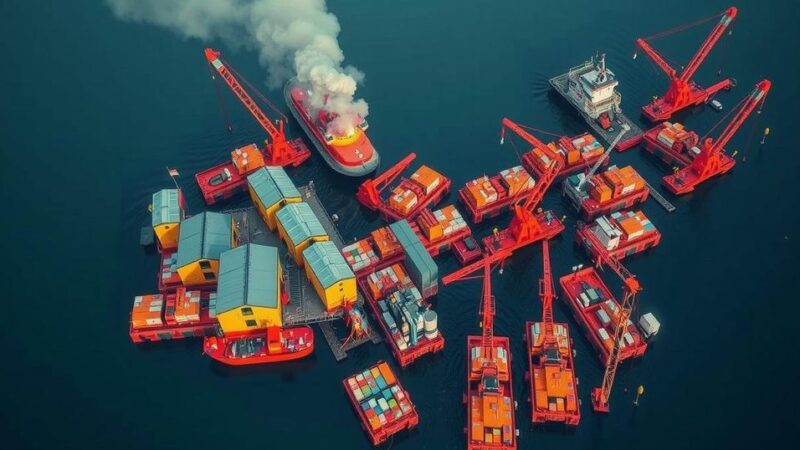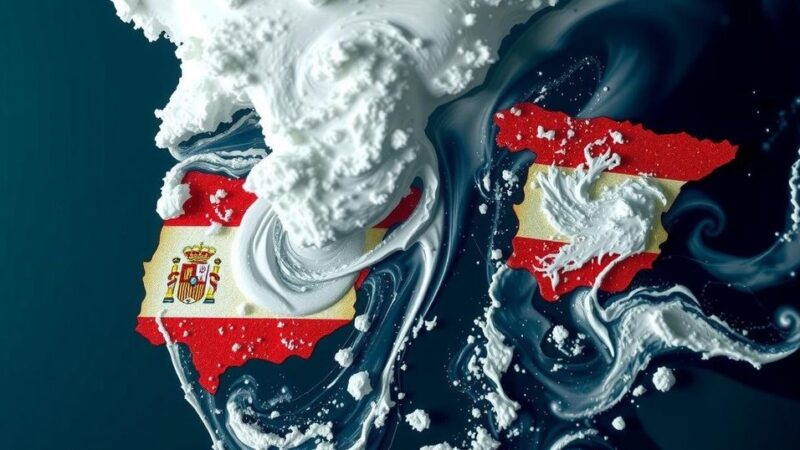Kenya and the DRC are key beneficiaries of new IMF reforms, gaining access to increased concessional funding and relief from debt servicing costs. The IMF has raised the borrowing limit from the General Resources Account and doubled the funds available through the PRGT facility, which aids low-income countries. The reforms come as a timely relief amidst Kenya’s rising debt levels, although experts emphasize the necessity of ensuring the effective use of these funds for long-term development.
Kenya and the Democratic Republic of Congo (DRC) are positioned as primary beneficiaries of recent reforms initiated by the International Monetary Fund (IMF) and World Bank. These reforms primarily aim to provide concessional funding and alleviate substantial debt servicing costs for low-income African nations. Following promises made by World Bank President Ajay Banga during the organization’s annual meetings in Marrakesh, Morocco, the IMF has enacted notable measures that will benefit nations with high debt levels. In a significant announcement, the IMF revealed that it will relieve at least seven countries, including Kenya, from paying surcharges by allowing an increase in the borrowing limit from its General Resources Account. Historically, the IMF imposed surcharges on loans that exceeded a specified limit, primarily aimed at encouraging fiscal discipline among borrowing nations. The previous borrowing threshold was set at 187.5% of a nation’s quota, resulting in additional fees for exceeding this limit. However, recent reforms have raised this threshold to 300%, effectively reducing debt servicing pressures for multiple African countries. The managing director of the IMF, Kristalina Georgieva, stated, “This reform will lower IMF borrowing costs for members by 36 percent, or about $1.2 billion annually,” a change that primarily benefits sub-Saharan Africa. Kenya, the sole regional country currently paying surcharges, paid approximately $4.6 million in fees at the beginning of this year. This comes as a critical relief coinciding with Kenya’s efforts to manage its rising debt levels amidst increasing interest rates. Moreover, the IMF board has also approved a groundbreaking reform intended to boost concessional funding through the Poverty Reduction and Growth Trust (PRGT), more than doubling the available resources to $3.8 billion per year. This facility offers zero-interest loans to low-income countries, aiding them in recovering from economic downturns, especially in the wake of the Covid-19 pandemic. Among the 58 countries benefiting from the PRGT are all members of the East African Community. Notably, Kenya and DRC stand out as the top borrowers, with DRC in second place globally, indebted by $2.1 billion, while Kenya owes $1.6 billion. Other East African nations like Uganda and Tanzania are also significant borrowers from this zero-interest facility. As part of the reforms, the IMF will implement interest charges for wealthier nations that still utilize PRGT support, aiming to mobilize additional resources to further assist poorer countries. The demand for concessional lending has tripled post-pandemic, necessitating this strategic adjustment to better support the most vulnerable economies. Economists have received these reforms positively, recognizing the need for further action from the Bretton Woods institutions to support African nations effectively. Development economist Fadhel Kaboub remarked, “The surcharge policy reform is a welcome and long overdue reform that will save countries a lot of money,” while also emphasizing the need for transparency and responsible use of the newly accessible funds.
The International Monetary Fund (IMF) and World Bank, established at Bretton Woods, are vital institutions aimed at fostering global financial stability and promoting economic growth, particularly among low-income countries. The recent reforms targeting nations like Kenya and the Democratic Republic of Congo (DRC) are designed to provide much-needed financial relief by expanding access to concessional funding and reducing the financial burden of debt servicing, exceptionally relevant in the current economic climate following the impacts of the Covid-19 pandemic. These changes specifically address the surcharges and borrowing limits imposed on member countries, allowing them greater flexibility in managing their financial obligations.
In conclusion, the recent reforms by the IMF and World Bank offer substantial financial relief to Kenya and the Democratic Republic of Congo, positioning them favorably to manage their debt burdens amidst rising interest rates. The increase in borrowing thresholds and the expansion of resources available through the PRGT facility underscore a commitment to supporting low-income nations in their recovery efforts. While the changes are welcomed, experts stress the importance of ensuring that the funds are utilized effectively to foster long-term development and sustainability.
Original Source: www.theeastafrican.co.ke






